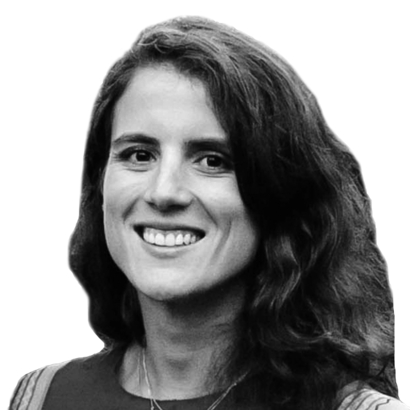A few weeks ago, the wealthiest man on the planet announced a $10 billion fund for action on climate change: the Bezos Earth Fund.
In a short-on-specifics Instagram post, Jeff Bezos wrote that, beginning this summer, his global initiative will give money to “scientists, activists, NGOs—any effort that offers a real possibility to help preserve and protect the natural world.” Noting that any meaningful action to “save Earth” will require “collective action” from governments, corporations big and small, organizations and individuals, Bezos wrote, “Earth is the one thing we all have in common—let’s protect it, together.”


